Your family member dies: how to manage their banking

Keytrade Bank
keytradebank.be
March 25, 2025
3 minutes to read
The death of a family member is above all a tragic event that takes a lot of time to process. Unfortunately, a lot has to be done in the first few hours and days after your loss. In addition to the funeral, you need to make several arrangements with the deceased’s bank. We know that this can be overwhelming, which is why we are here to help you get a clear outline of what steps to take.
Why it is so important to speak to your bank right away
After a death, all bank accounts in the name of the deceased are temporarily blocked immediately. This will last about three months. In practice, this means that transfers and payments are no longer possible for a while. No more mortgage repayments, rent and utility payments.
This can lead to troublesome payment arrears and may even put creditors in a position to seize part of the estate, even when its distribution is still to be determined.
Why are these accounts blocked? The accounts are blocked for security reasons and to determine with certainty who the heirs are. The notary also needs to check whether the deceased had any (tax) debts and awaits several important documents (see below) to ensure the correct distribution of the inheritance.
The sooner you get started – possibly with the help of family or friends – the less chance of any unexpected and possibly unpleasant surprises.
Every account or payment is different
Not every type of bank account or payment is treated in the same way following a death. Here are a few practical examples:
- Individual accounts (in the name of the deceased only) are blocked immediately.
- Joint accounts may be blocked temporarily.
- If the deceased was married, the surviving spouse’s account may also be temporarily blocked.
- Automatic payments are stopped. The heirs must contact service providers such as utility companies and insurance agencies themselves to arrange any future payments.
- Advance for the surviving partner: in Belgium, the surviving partner or legally cohabiting partner can release up to 5,000 euros in blocked assets to cover urgent costs such as rent or energy bills during the first few months.
Important to know: the bank can proactively pay certain costs from the blocked account(s) to take some financial pressure off the deceased's next of kin. This applies to the deceased's funeral bills, medical bills or care home costs.
Read more about bills that can be paid from blocked accounts.
5 quick steps to clarity
After a death, the next of kin must take a few steps to get these financial assets released.
1. Request the death certificate
Request a death certificate from the local council where the family member died. This document is necessary to inform official bodies, including bank(s). A funeral contractor can help you with this request.
2. Notify the bank(s) yourself
Inform all banks where the deceased had any accounts as soon as possible. You can do this by phone, by email or by visiting a bank branch. The bank will ask for an official proof of death (a copy of the death certificate) before taking any further action.
3. Request a certificate or deed of inheritance
In order to unblock the bank account, the heirs must be able to prove that they are entitled to the assets. This can be done with:
- A certificate of inheritance if there are only movable assets
- A deed of inheritance if there is also real estate
You can obtain both documents from a notary. In some cases, it is sufficient to contact the Federal Public Service for Finance.
4. Provide all the necessary documents
In order to process the estate properly, the bank usually asks for the following documents:
- The death certificate
- The certificate or deed of inheritance
- Instruction documents on how the assets are to be distributed
- Copies of the identity cards of all heirs
Only when all documents have been received and processed can the bank release the assets permanently.
5. Ask the notary for as much information as possible
When after a while, you and your family members are ready to take a look at the estate in more detail, the notary is the best person to contact. Some inheritance cases can be quite complex. Make sure you obtain all the information you need to know about all the applicable conditions, rates and tax consequences.
Try to avoid these pitfalls
You are now aware of the most important matters you need to clarify with the relevant bank(s). In addition, there are also a number of potential pitfalls you should try to avoid as next of kin.
Do not withdraw any money or make any transfers before or just after the death
You are not permitted to quickly withdraw money from the deceased’s account with a cash withdrawal or transfer, for example. The tax authorities will check the account balance on the date of death and may also decide to tax previous transactions. Attempts to make such payments may also have legal consequences.
Do not perform any transactions without the agreement of the bank and the other heirs
The administration of an estate can be quite complex, particularly if the inheritance involves many individuals. Therefore do not transfer any money or make any withdrawals from the account(s) until everything has been officially released. If you must do this for urgent reasons, always ask the permission of the bank and all the heirs first.
Do not ignore debts or taxes
If the family member in question passed away in Belgium, the heirs must submit a declaration of inheritance to the tax authorities within four months of the death. Failure to do so in time may result in fines and default interest.
Conclusion: you and the bank help each other move forward
Handling banking matters following a death takes time and effort at a time when you may prefer to focus on other people and other things. Hopefully this article has shown you that you can save yourself a lot of trouble and you can obtain extra financial and legal protection by giving this the attention it deserves.
To gain an even better insight into gifts and inheritance issues, visit our blog page on these topics.
Other articles that might interest you

14 surprising savings ideas

What is interest and what does it have to do with your savings account?

How much money do you have – without knowing it?

Planning to live together or get married? What this means if your partner is in debt...
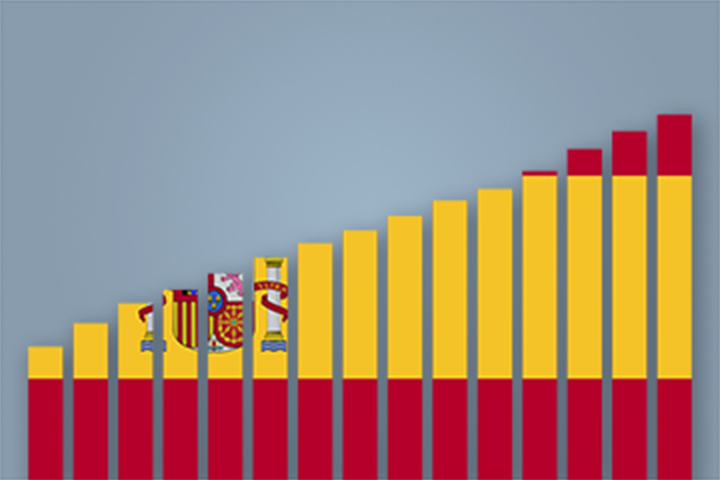
From siestas to sprints, the Spanish stock market surprises investors
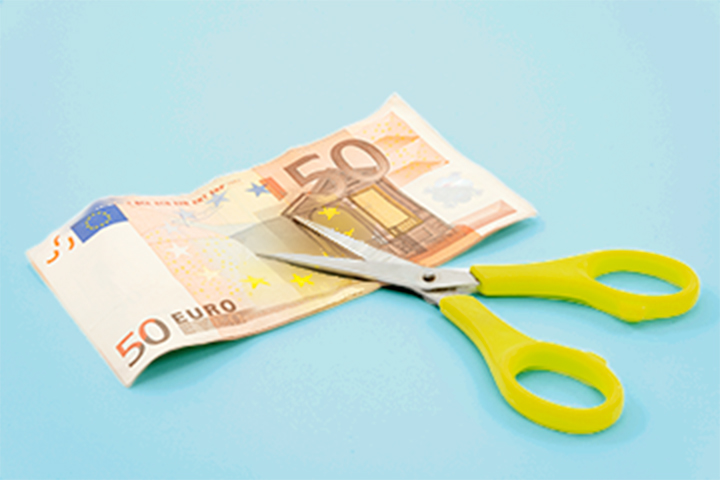
Capital gains tax: how will it affect your portfolio?

Will AI replace human investment advisers?

Think twice before entrusting your will to ChatGPT

Graph of the week: Industry has not succumbed to Trump!

Here's how your stepchildren can be involved in your inheritance

How high students’ earnings may, and more importantly, may not be

An offer, an option agreement or a contract: ending the confusion
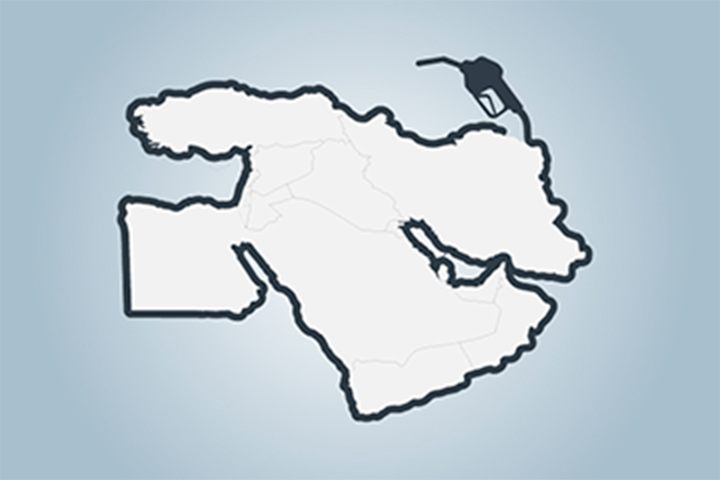
Risks and opportunities in the energy sector

Why a child deserves pocket money

Taking out a loan for energy-saving renovations: what are your options?

Everything you need to know about the post-intervention file

How much can you borrow for a home?

From offer to contract: avoid these errors

A no-deposit mortgage loan: fact or fiction?

Age limit for a mortgage loan: is it true?

Borrowing for a second home: what are your options?

Property shares: ripe for a comeback?

What happens to the shared home when a relationship breaks down?

What to look out for when buying a home

Rental income and taxes: what every landlord should know

After the gold rally, is it silver's turn?

Why the S&P 500 does and does not have a problem

Investing in future index constituents: opportunities and pitfalls
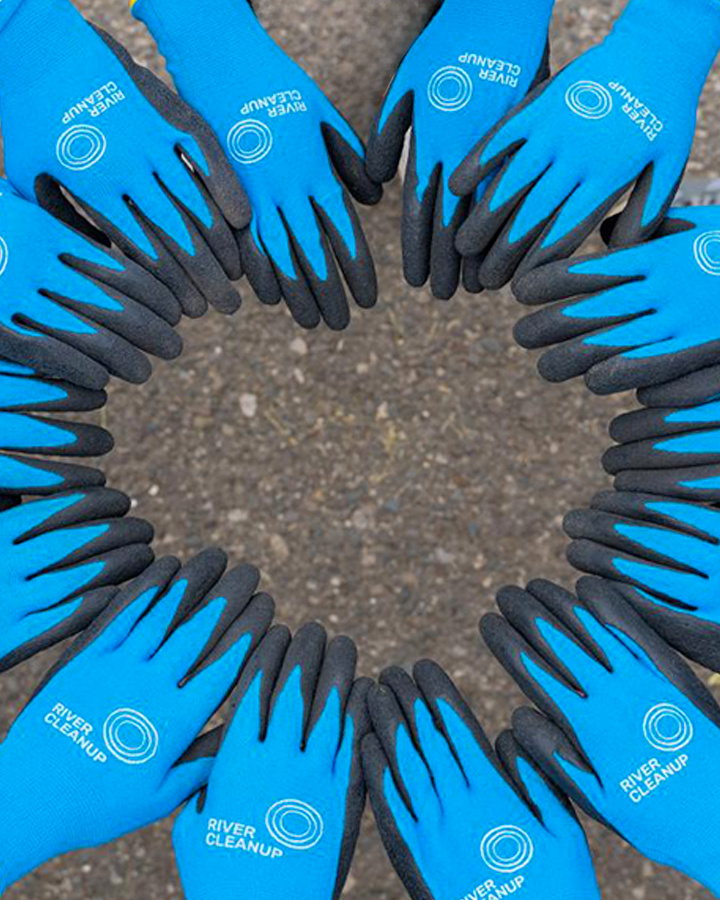
World Cleanup Day

Ever heard of the Zweig Breadth Thrust?

Humanoid robots: hype or golden opportunity for investors?

Defensive shares as a buffer?

US shares no longer number one!

Will there be a recession in the US?

As cruise companies gather steam, are their shares doing the same?

Have the Magnificent 7 lost their magic?

What costs are involved in buying a home?

Are European bank stocks experiencing a renaissance?

Has the obesity trade peaked?

How to invest in AI after the DeepSeek bomb

12 questions and answers about a lasting power of attorney

Investors missed out on many great opportunities in 2024

40 years of pension savings: what will you spend it on (literally)?
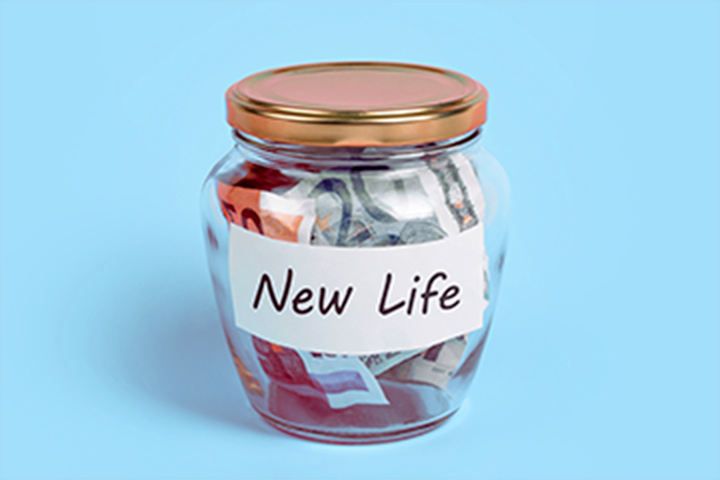
From FOMO to ZERO bank account? 5x pension savings to the rescue
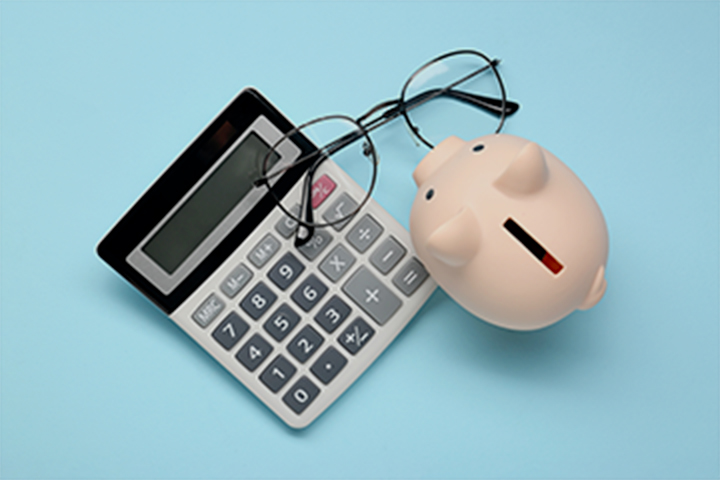
Pension savings returns: these choices give the maximum payout
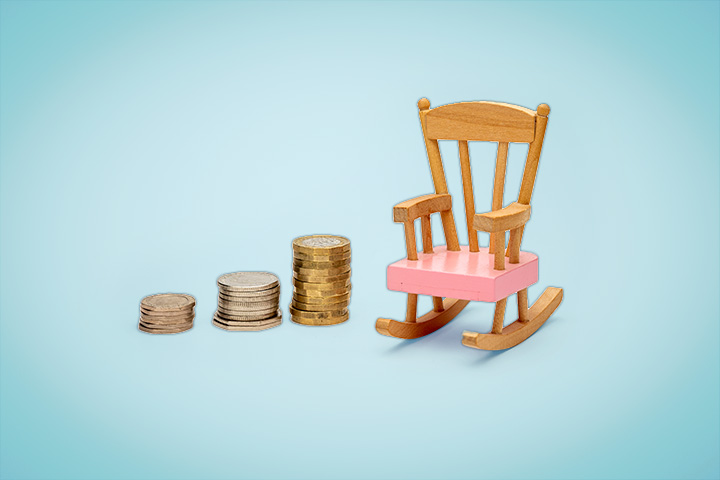
Lifetime pension savings: the sooner you begin, the more you rake in

What if pension savings were like a dating app?
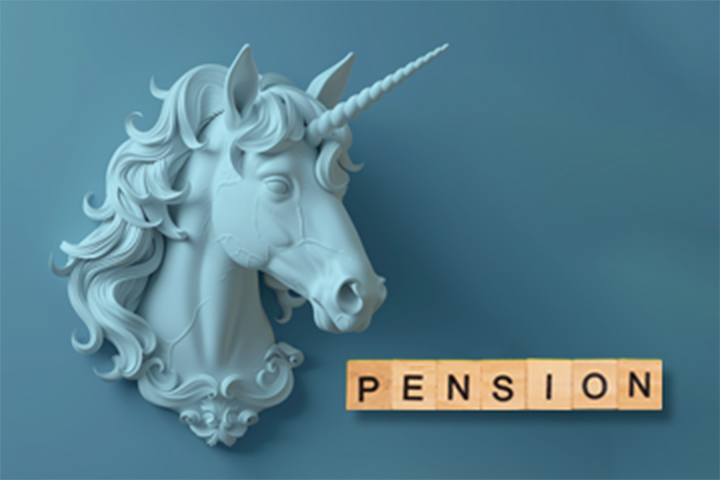
Myth busters: 5 myths vs. facts about pension savings

Pension savings: save the grey hair for later

Why pension planning is even more important for women

United States 1, Everyone Else 0
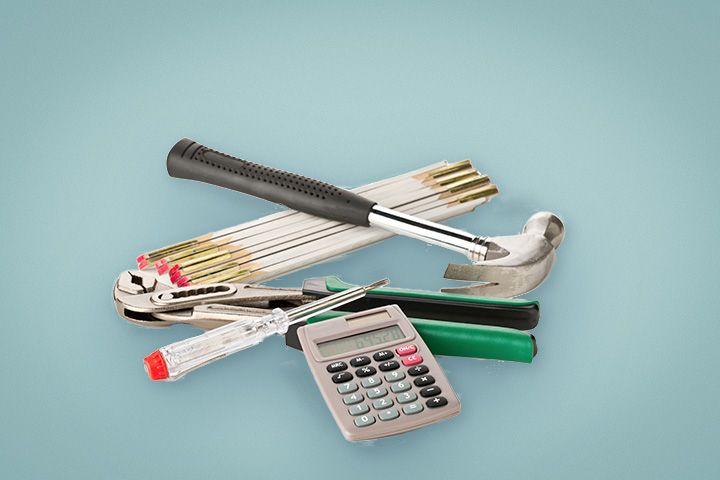
Which loan is the best fit for your renovation project?

When should you start investing? Seven potential key moments in your life

FIRE: how hot is this financial trend and how does it work?

How can you teach your child to save? 12 tips

Are there shortcuts to becoming financially independent?

A potential worldwide trade war is claiming European victims

Ever thought of investing in the pet industry?
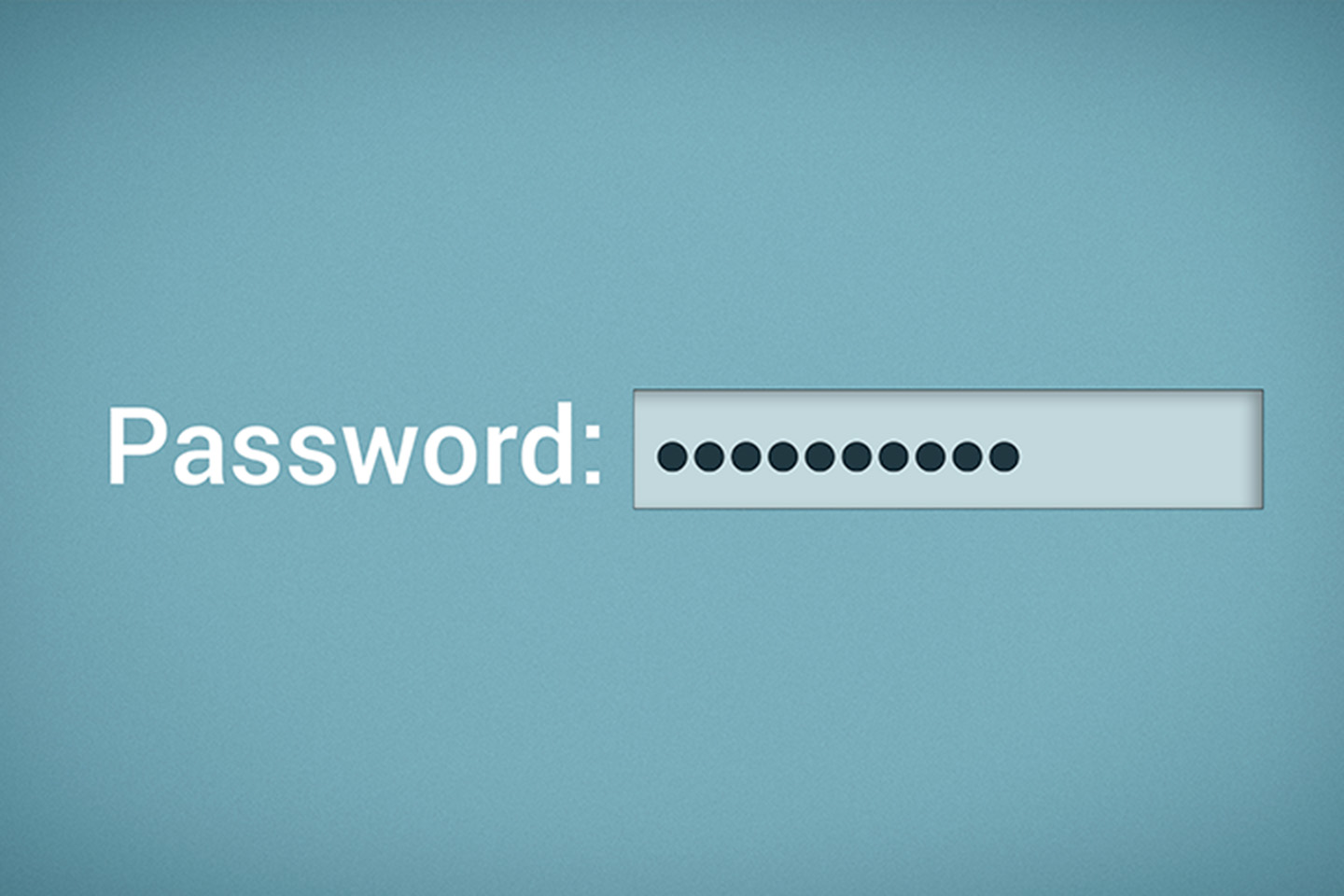
Have a password manager on your cybersecurity checklist yet?

Have long-term interest rates once again started a 40-year uptrend?

Democrats or Republicans: which party is better for your investments?
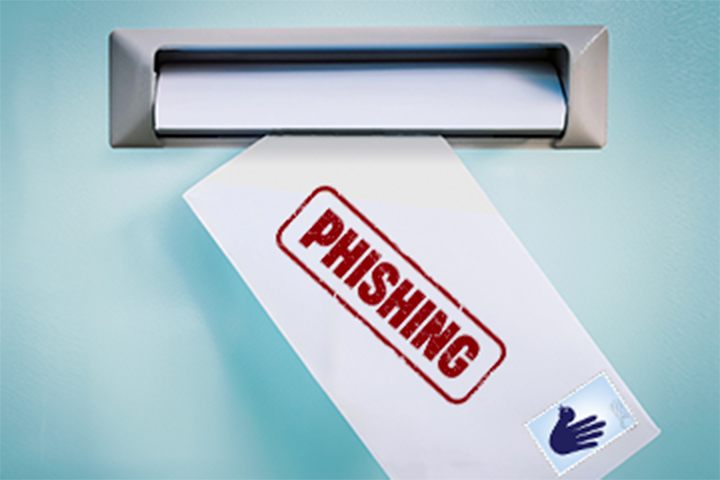
Scam letters are back (even though they never really went away)

Graph of the Week: Magnificent 7 vs 2000s Tech Bubble

Investing at new highs is an elevated idea

Untaxed side jobs: what is allowed and what is not (any more)?

Who's who at Keytrade Bank? Who answers the phone when you call us?

Who's Who? Visiting IT

Would it be better to buy a student room than rent one?

House flipping: is it worthwhile?

Basic interest rate and loyalty bonus: what does your savings behaviour say about you?

Why high dividend yields can be a poisoned chalice

3 ways to invest when you don't have much time.

Watch out for recruitment scams

Is it time to invest in Chinese stocks again?

How do you select an investment fund for your child?

Secure online banking: how can you protect your finances?

Will ultra-low interest rates make a comeback? Probably not…

Robotics: From science fiction to science

Are money market funds an attractive investment?

Is it the right time to invest in bonds?

Stock market records: some down-to-earth advice on how to respond to dazzling heights

Have you ever thought about investing for your children?

Online dating scams: tips to protect yourself

How can you invest in space travel?

New in Flanders: interest-free loans for renovations

Shopping online: 7 tips and points to consider

Five myths about sustainable investing

How can you invest in an ageing population?

How do elections affect the stock market?

8 questions and answers about holding companies

Nigeria: a new hot spot for adventurous investors?

Looking back on 2023

Investing in emerging markets: are investment funds a smarter buy than trackers?

Watch out, danger's about

The advantages and disadvantages of contactless payment

Read this before you scan another QR code

Good positional play is important!

Is India the new China?
Which sectors should remain overweight following the latest rate hike?

Padel has got a new doubles partner with Keytrade Bank

8 timeless rules for investors

Don't forget to make arrangements for your digital estate

How to navigate a relationship with lopsided incomes?

Avoiding and dealing with conflicts on financial matters: a guide

1 account for the both of you? Or separate accounts? Or a combo?

What is the difference between a tracker and a fund?

6 things you need to know about your Keytrade Bank credit card

A Keytrade Bank Nature Trail? Yes, please.

How to buy real estate with your supplementary pension (even though you have not retired yet)

Who's who at Keytrade Bank? Data first

Is tighter monetary policy acting as a brake on the stock market upturn?

How can you donate or leave a legacy to a charity?

As close as possible to staff

Belgian traders tempted by American stock market rush and Reddit investors

Getting nervous about the stock market? Take a look at the 200-day moving average

A Keytrade Bank Nature Trail? Yes, please.

With or without the coronavirus: why green investing remains just as relevant as before

Impact investing: sustainable investments with that little bit more

Sustainable investing: what, why and how?

How can you make an investment portfolio inflation-resistant?

How much additional income are you allowed to earn as a pensioner?
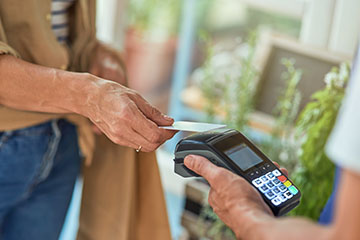
CARD STOP has a new number! 078 170 170

This is what the tax authorities know about your money

Investing in dividend shares: what to look for?

Hate budgeting? This is your guide to budgeting

No group insurance plan? What are the alternatives?

Can countries go bankrupt?

Which investment style and which regions would benefit from renewed growth in interest rates?

Which shares will be the rising stars once interest rates start increasing again?

10 things you can do within a day to improve your financial health

Cohousing rules

Baby on the way? Make sure your finances are ready for it, too

How to protect your capital in the event of a divorce

How to include your grandchildren in your inheritance planning: 8 questions and answers

Rising debt: is it a problem?

How safe are contactless payments?

Funds and trackers: do you opt for capitalisation or distribution?

Rent or buy? How to use the price-to-rent ratio

What do I do to balance my investments?

CARD STOP has a new number! 078 170 170

Talking to your family about legacy: how to get started

Stock market versus bricks and mortar: 1-0

On the way to a society without cash?

Buying a second residence: with savings, investments or a loan?

A must read for when you spotted a second-hand bargain online

Always have a megatrend in your portfolio

The lazy marathon investor

The handiest financial apps (and free as well)

Are you investing really globally with a tracker on a world index?

Are we heading into a year-end rally by the stock markets?

Coronablog de Geert Van Herck: La panique atteint des sommets… énième épisode

Blended family: shared savings account or keep things separate?

Tips from an expert: how to keep your passwords safe

Coronavirus blog by Geert Van Herck: S&P 500 indicates a positive trend

What retirement pension will you get later?

How can we cope with financial stress?

Gift or inheritance: which is the most tax-efficient?

Making an offer on a property: what should you look out for?

Swapping your car for a bike: how much money could you save?

Afraid of causing Ferrari or hammock syndrome? This is how you can make a gift and stay in control

Are trackers the latest bubble on the financial markets?

Going for gold? Gold is apparently going for it.















































































































































